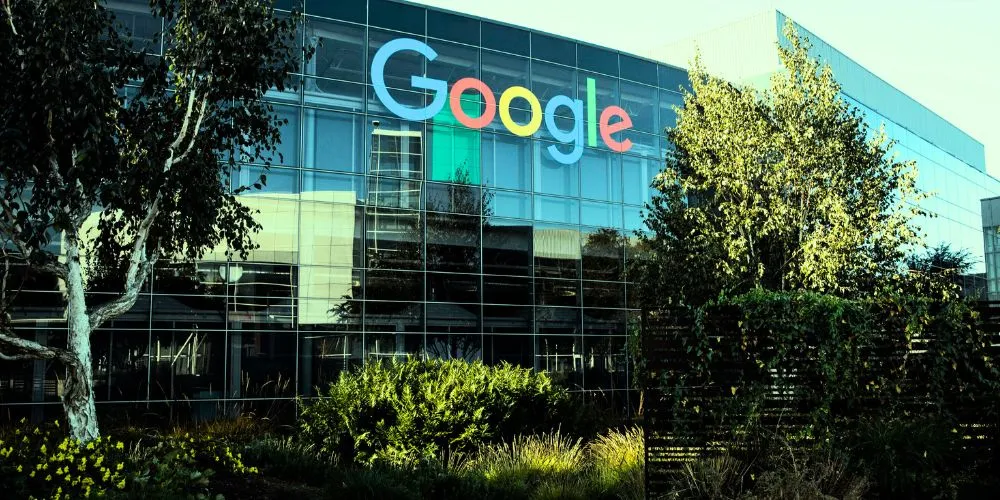Key Points
- Google has agreed to sign the EU’s new voluntary code of practice for artificial intelligence.
- The code is designed to help companies comply with the EU’s new, wide-ranging AI Act.
- Google expressed concerns that the new rules could slow down AI innovation and harm Europe’s competitiveness.
- The company is concerned about new copyright law requirements and the potential exposure of trade secrets.
Google will sign the European Union’s new code of practice for artificial intelligence, the company’s global affairs president announced on Wednesday. The move comes as the EU implements its landmark AI Act, a set of rules designed to regulate the fast-growing technology.
The voluntary code of practice is meant to help companies like Google understand how to comply with the new law. It includes requirements like providing summaries of the data used to train their AI models and respecting EU copyright law.
In a blog post, Google’s Kent Walker said the company was signing the code “with the hope that this will promote European citizens’ and businesses’ access to secure, first-rate AI tools.”
However, he also voiced some serious concerns. Walker warned that the AI Act and the new code could risk slowing down Europe’s own AI development. He said that new rules around copyright law or requirements that force companies to expose trade secrets could “chill European model development and deployment, harming Europe’s competitiveness.”
Google’s decision comes as other tech giants are still weighing their options. Microsoft has said it will likely sign the code, but Meta (Facebook’s parent company) has declined, citing legal uncertainties. The EU’s AI Act is an attempt to set a global standard for a technology that the U.S. and China currently dominate.





